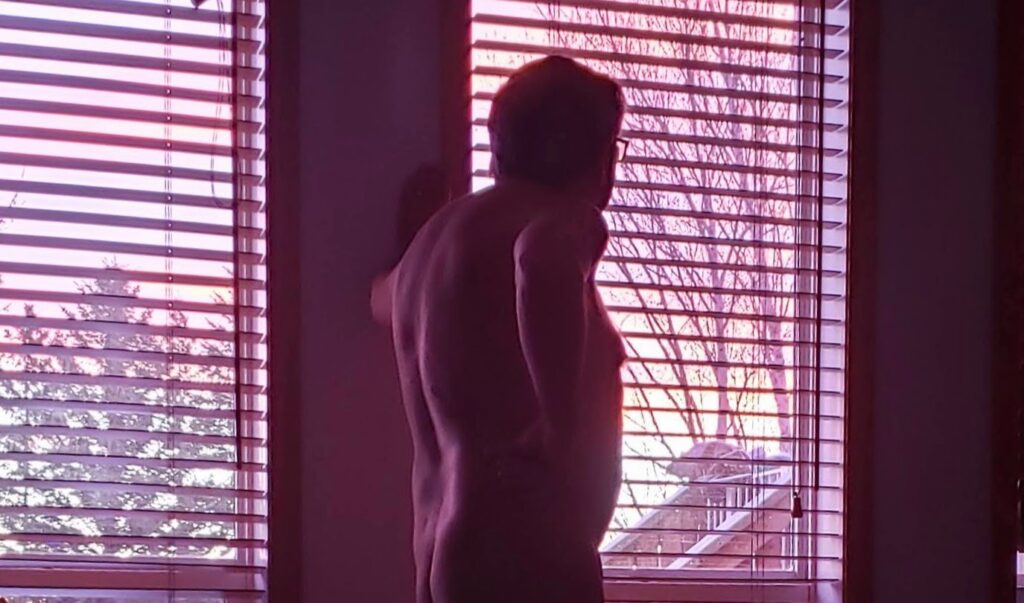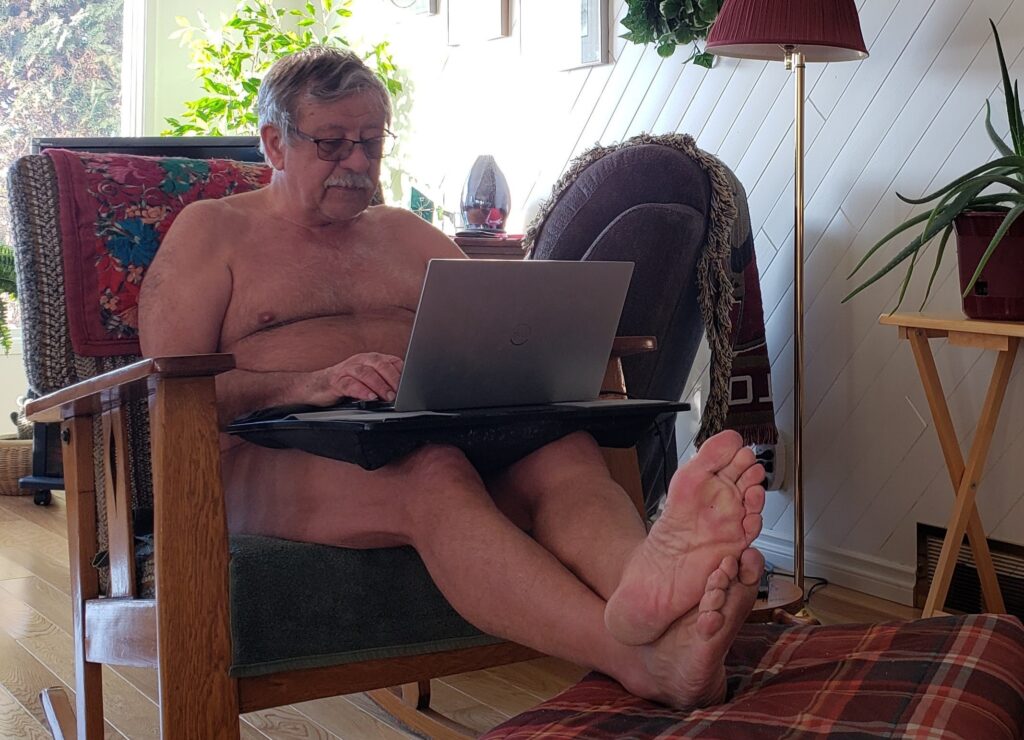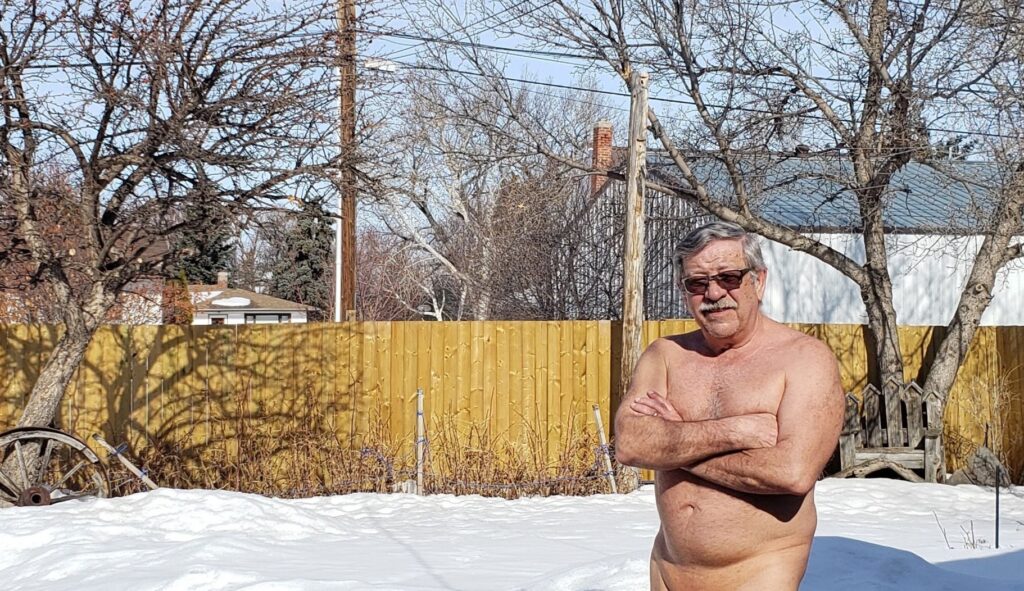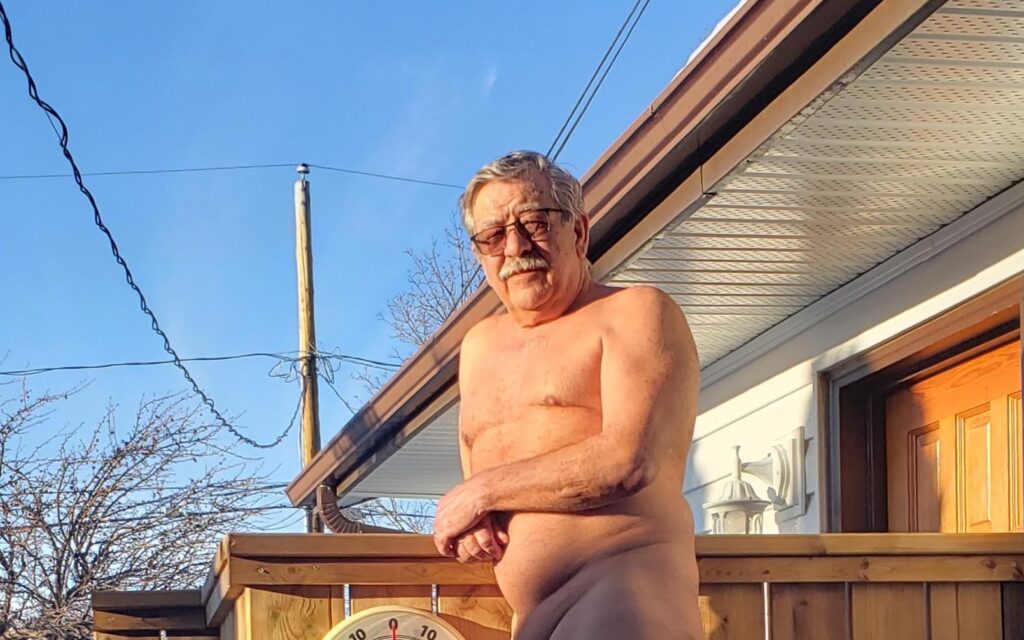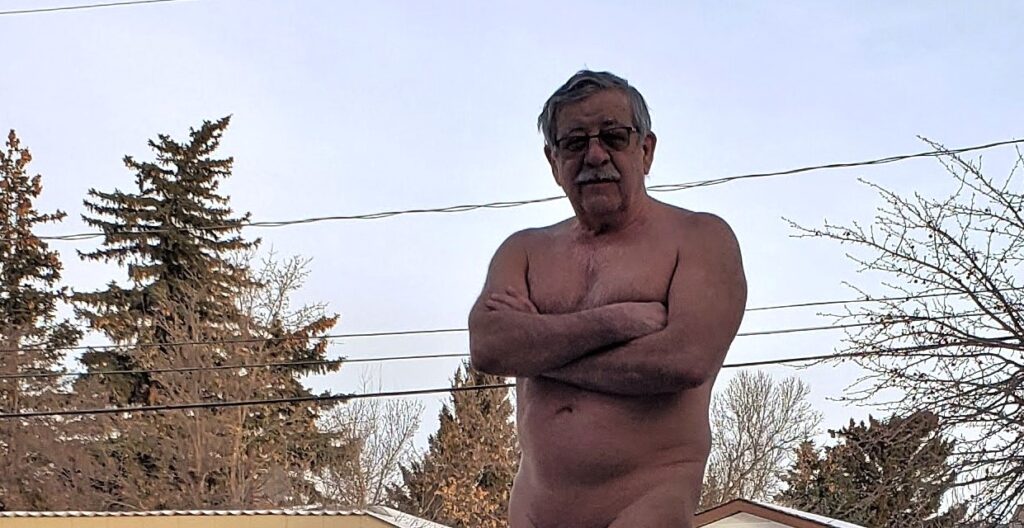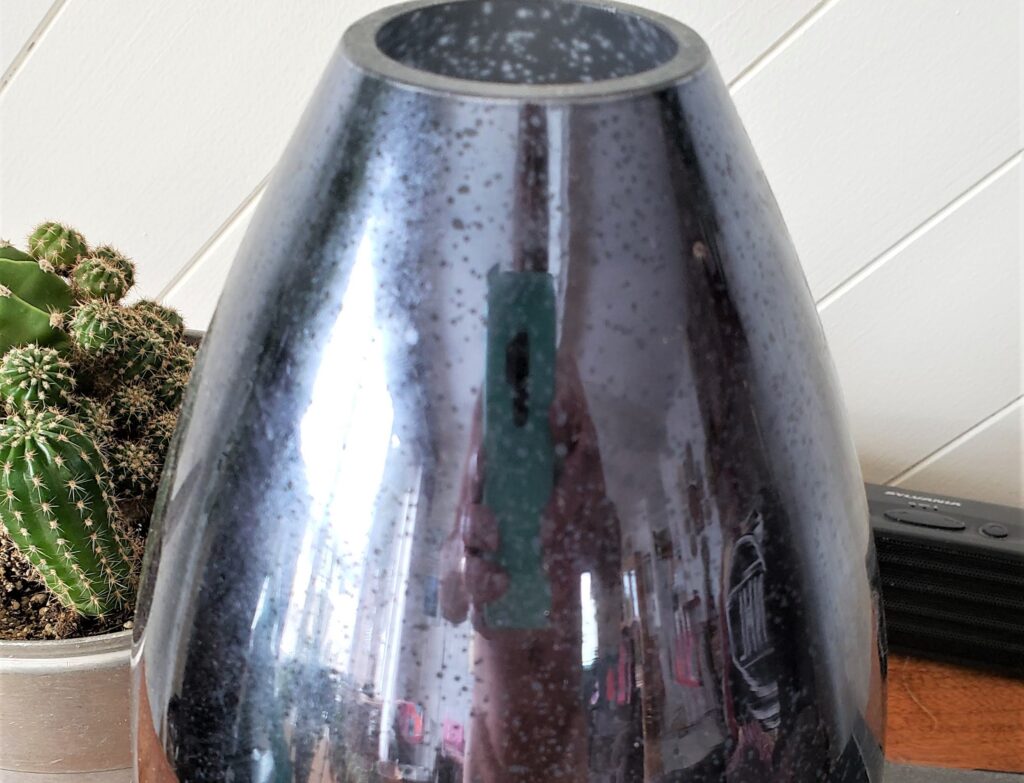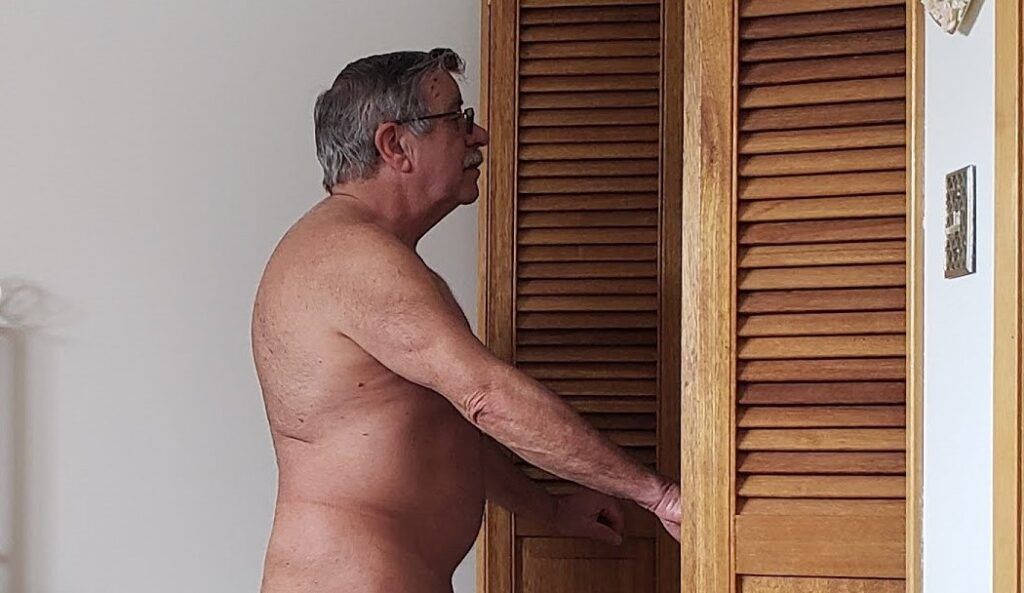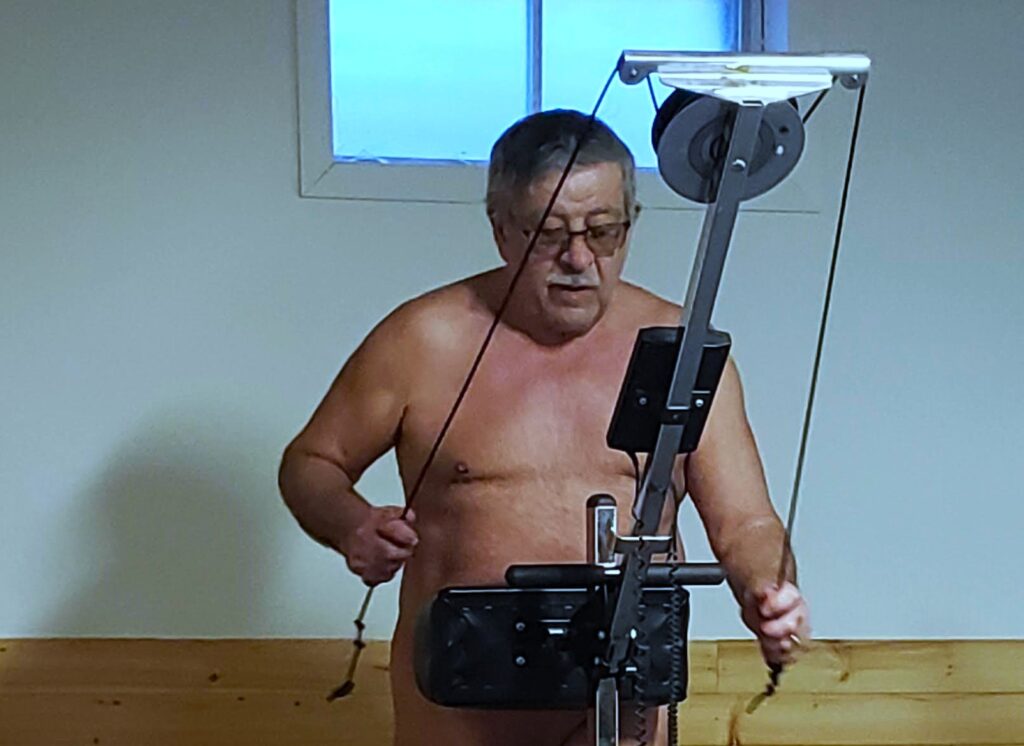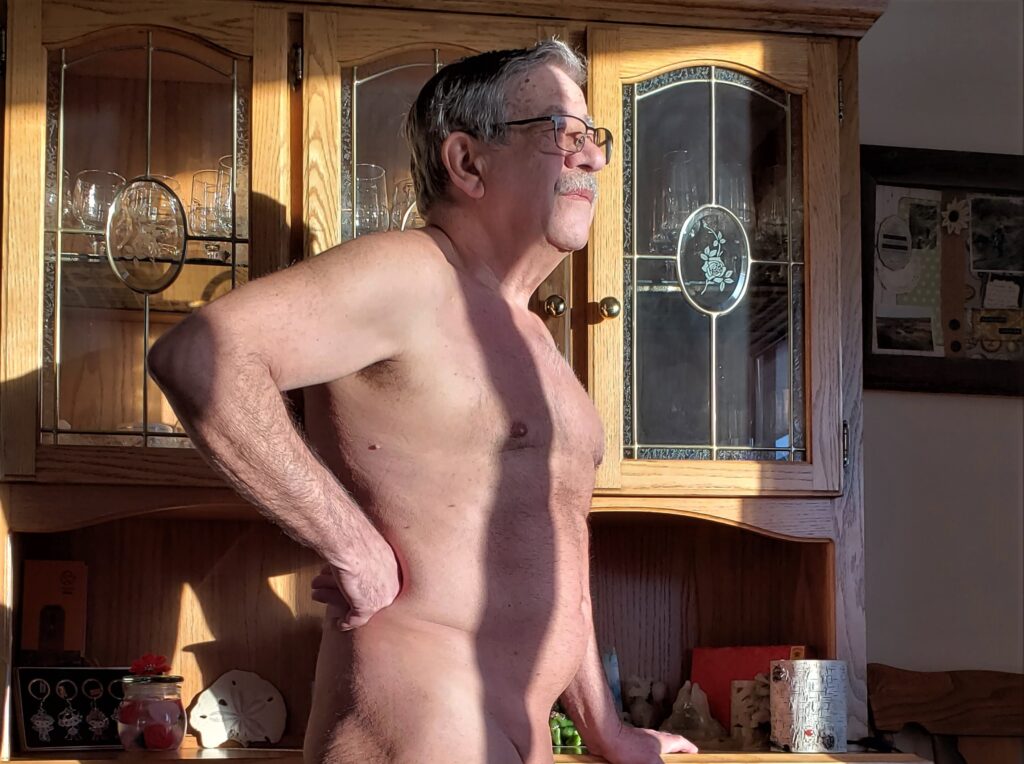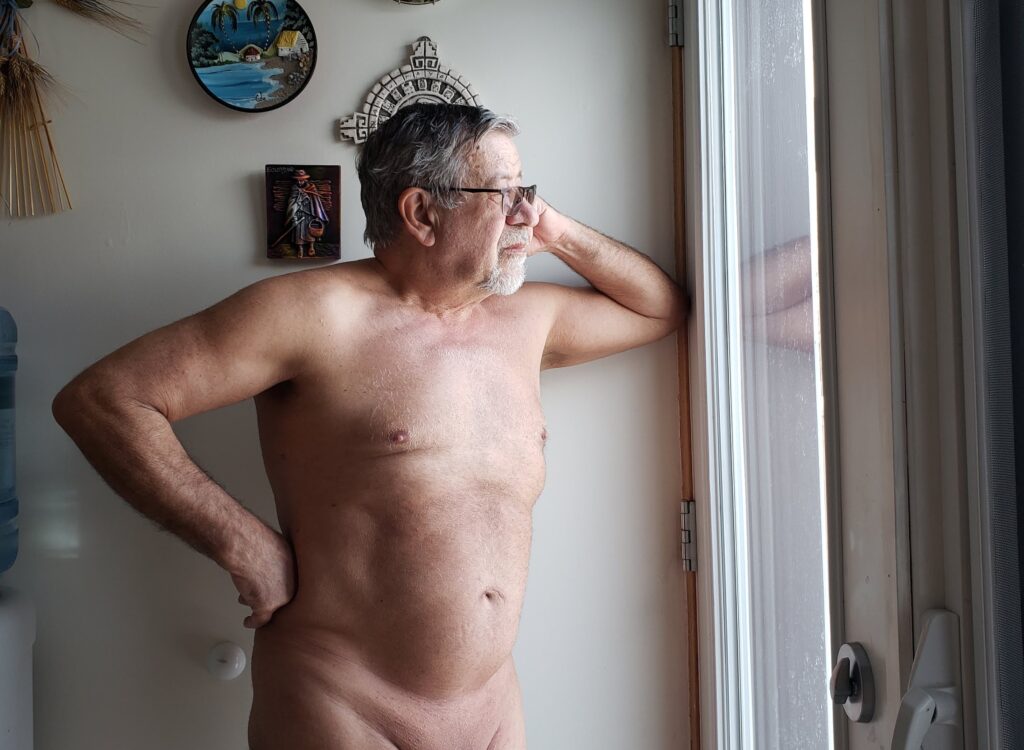One of the hardest things to do is to look at ourselves and accept what we see. There is a protective lens that is activated when we look in the mirror. For most of us, there is only so much truth that can be processed at one time. Even when we stand naked in front of the mirror, the lens kicks in. For whatever reason, we want to have a positive experience of what we see, a reason which then results in “not-seeing” who is really staring back at us.
In most of my books, I always include the following quote from James Hollis, a Jungian analyst and author: “whatever reality may be, it will to some extent be shaped by the lens through which we see it”. – James Hollis, Jungian Analyst, The Middle Passage, 1993.
The lens we use is one that is individually constructed by ourselves in response to life. So many little micro events, and more significant events have us respond in ways that subtly shift our perception of the world around us, as well as our own selves. No one escapes growing up and growing older without creating a unique lens which determines how we see ourselves, others and the world around us.
It takes a midlife crisis, more often than not, to begin questioning everything, especially the stranger that is looking back at us in the mirror. There is a small book by Daryl Sharp, a Canadian Jungian analyst who was an old friend of mine who passed not so long ago [an indicator that I, too, and getting old] called “Who Am I, Really?” that comes to mind as I write this post. In the book, Sharp writes:
“You see, we hate what we are, we reject what we need. In frustration, we lash out at those we love. Behind all that, the very root of it all, is that we don’t know how to deal with the opposites.”Who Am I, Really? Daryl Sharp, p.10
So many of us don’t like what and who we see. As a result, we invest in all sorts of disguises and filters to hide the truth. Clothing, makeup, plastic surgery, drugs, booze, extreme exercise regimes, legal and illegal drugs are used to excess in hopes that we can make the image in the mirror transform into a better version. We see a stranger in the mirror and we fear strangers. If we are lucky, we end up in a crisis where we are forced to do something different, to rethink and re-see who we are.
Naturism was for me, the response when a crisis whacked me over the head. I retreated into a wooded area, slipped out of my clothing and cried. That was more than fifty years ago. Since then, I found escape from the wounds that continued to come my way by retreating from the sources of wounding to embrace the healing of naturism, especially with the presence of warm sunlight.
Shedding my clothing allowed me to finally find peace, first with my body and eventually with the “me” the “I” that I was discovering. I still don’t fully know who I am though I have a good idea. I have become more or less, at peace with myself. And naturism was a significant part of that.
Body acceptance is vital. Aging teaches us so much. I look forward to your comments.
